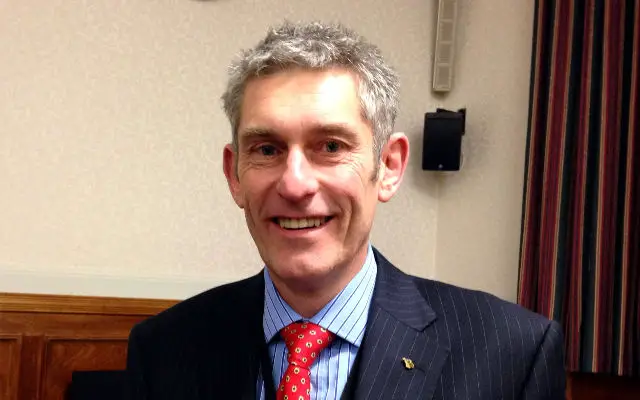This in from the council, in their own words. Ed
The Isle of Wight Council’s Chief Executive, John Metcalfe, has submitted a formal response to the government on behalf of the council, as part of their consultation on the local government financial settlement plans.
The representations made, further outline the challenges of the UK’s largest inhabited Island, demonstrating its unique position in respect of the economy and demographics; leaving it out of step with its near neighbouring areas on the mainland.
In his letter to the Department for Communities and Local Government (see at bottom of article), Mr Metcalfe suggests the scale of the challenge is such that there is a real concern: “whether the council will be able to fund even statutory services, and consequently whether it will be viable in the very near future,” and that government needs to clarify urgently how it will judge that any council: “has reached the ‘tipping point’ where it has insufficient resources available to meet its legal obligations”.
Government asked to re-evaluate calculations
The letter also requested that the government take proper heed of the financial challenge facing the council and to re-evaluate the calculations of the council’s core spending power, which makes no provision for the costs of services increasing through inflation or demand and, which amount to a figure of at least £26 million.
These assumptions, combined with an 89 per cent proposed reduction in revenue support grant from the government are central to the council’s estimated budget gap of £32 million, ongoing over the next four years.
Figures assume 3.75 per cent council tax rise
The scale of the budget gap would increase if the council were not to introduce a council tax increase of at least 3.75 per cent, which has been assumed in the government’s figures.
As part of its budget position for 2016/17 and 2017/18, the council has already considered using £4 million from its reserves in the first year, and a further £1 million in year two. Although at the end of March 2015 the council had total reserves of £46 million; these are not all available to assist in meeting its financial challenges, as recently suggested by the DCLG. £30.6 million to meet known commitments in future years and a further £4.4 million has already been used to support the provision of services in the current financial year.
Minimal reserves
Once the proposed additional £5 million has also been withdrawn from the remaining reserves, the council will only hold the minimum level of reserves that a council of its size should have in order to cover any financial shocks that it may encounter in future years.
Councillor Jonathan Bacon, Leader of the Isle of Wight Council, said:
“We have made considerable representations to government about the plight of the Island, and what we require from them in terms of support.
“I hope they have listened and recognise the uniqueness of our situation, and that, following their consultation exercise, that they reassess their approach to our future financing.”





